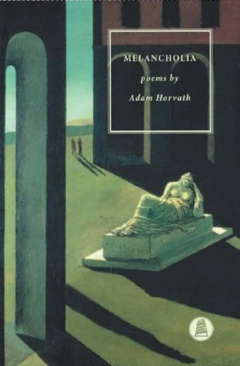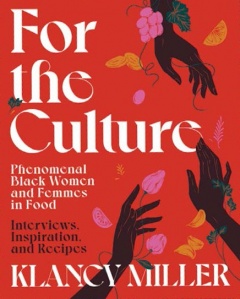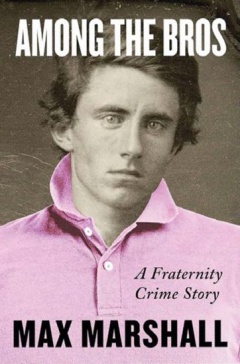Columbia College | Columbia University in the City of New York
Bookshelf


The Karabakh Conflict Between Armenia and Azerbaijan: Causes & Consequences by M. Hakan Yavuz and Michael Gunter ’64. Yavuz and Gunter, a professor of political science at Tennessee Technological University, detail Post-Soviet ethnic conflicts and Russia’s involvement in them (Palgrave McMillan, $104.69).
Psychoanalytic Readings of Hawthorne’s Romances: Narratives of Unconscious Conflict and Transformation by Dr. David Diamond ’65. This volume applies Freudian theory to four Nathaniel Hawthorne works, presenting significant new insights into the psychology of the author’s characters and their fates (Routledge, $48.95).
In the Field of Unintended Consequences by Peter Schneider ’67. Schneider’s second book of poetry features ecological and philosophical themes, and includes rhyming verse influenced by rap and other popular music (PB&J Books, $16).
Judicial Dispute Resolution: New Roles for Judges in Ensuring Justice by Lawrence Susskind ’68, et al. The authors describe the ways in which judges, using JDR (a practice similar to mediation), have been facilitating problem solving among litigants and ensuring more just outcomes (Anthem Press, $29.95).
The Birth of the Best: The Making of The Best American Poetry by David Lehman ’70. A riveting behind-the-scenes look at the making of the yearly anthology Lehman founded in 1988 (Marsh Hawk Press, $29.72).
Programmable Planet: The Synthetic Biology Revolution by Ted Anton ’79. Technologies that offer new ways to manufacture medicines, clothing, food and fuels can help confront climate change, break down pollutants and fight novel viruses (Columbia University Press, $35).
At the End of the World: A Fractal Meta-Loco Narrative in E-Flat Major by Ted Cleary ’87. Cleary’s novella is a psychedelic, Pynchon-esque romp through philosophy, jazz and a plausible end-of-the-world scenario (Silver Song Press, $19.99).
Once We Were Home: A Novel by Jennifer Rosner ’88. Based on the true stories of children stolen during WWII, Rosner’s evocative novel raises questions of complicity and responsibility (Flatiron Books, $17.99).

Isaiah and His Contemporaries by Yaakov Jaffe ’02. Rabbi Jaffe analyzes the book of Isaiah from the Hebrew Bible, as well as other texts written during the First Temple period of Jewish history (Kodesh Press, $24.95).
From CIA to CEO: Unconventional Life Lessons for Thinking Bigger, Leading Better and Being Bolder by Rupal Patel ’02. Agent-turned-entrepreneur Patel shares the unique skills she developed in the field that have also helped her thrive in the business world (Heligo Books, Kindle edition, $5.99).
Saved by the Bellini: & Other 90s-Inspired Cocktails by John deBary ’05. This second cocktail book by deBary stirs up ’90s nostalgia with more than 60 recipes celebrating the decade’s greatest pop culture moments (Union Square & Co., $19.99).
Plunder: Private Equity’s Plan to Pillage America by Brendan Ballou ’09. Federal prosecutor Ballou explains how private equity has reshaped American business by raising prices, reducing quality, cutting jobs and shifting resources (PublicAffairs, $30).

Dominus by Tiffany Troy ’18. This collection of poetry includes a range of characters and inspirations, from Greco-Roman myth to the YouTube animated children’s series Baby Tiger (BlazeVOX, $18).
— Jill C. Shomer
Issue Contents
Published three times a year by Columbia College for alumni, students, faculty, parents and friends.
Columbia Alumni Center
622 W. 113th St., MC 4530, 4th Fl.
New York, NY 10025
212-851-7852
cct@columbia.edu
Columbia Alumni Center
622 W. 113th St., MC 4530, 4th Fl.
New York, NY 10025
212-851-7488
ccalumni@columbia.edu

